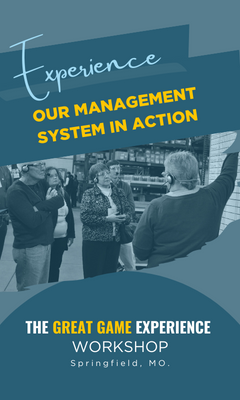Creating an informed and engaged workforce doesn't happen overnight...and isn't sustainable without the dedication and focus of the whole team. To help get your Game off on the right foot in the new year, here's a list of must-know tips from our best blogs to help The Game excel at your company.
Read More
It's simple. You cannot successfully implement the Great Game of Business® unless every employee understands the financials and drivers of the business. But what puts the "best of the best" in open-book management above the rest when it comes to financial literacy training? We asked this year's All-Stars how they transformed their businesses to create a financial literacy focus that promotes engagement and accountability from top to bottom in their organization.
Read More
When I’m asked to explain the best way to talk with employees about company financials, I am reminded of an old axiom from Jack Stack, “Numbers are just stories about people.” And it’s true. All numbers on your financial statements have a story behind them – a story that explains how it came to be. When you communicate numbers and the stories behind them in accordance with open-book management, they take on a whole new meaning. Employees will begin to understand the “why” of what they do and how they can make a difference. Here are 7 things to help you “get to the stories behind the numbers”.
Read More
It is not uncommon for every business owner to start a discussion about their P&L statement with “well, that net income number is not correct,” then go on to list all of the things they would change if their accountant didn't make them do it that way. Business owners need to take back responsibility and control of their financial reporting in financial literacy training and follow these simple principles to make their P&L a useful document.
Read More
(reprinted with permission from NCEO.org) ESOPs can be an ideal business transition solution for many business owners, providing a way to preserve their legacy with employees and the community, get a fair price, retain a role in the company if they like, and get unmatched tax benefits in the process. But while ESOPs are not right for many companies, over the years, we at the NCEO have heard a lot of unconvincing or downright incorrect reasons not to do an ESOP. Unfortunately, too many business owners decide not to do an ESOP based on these bogus rationales. Here at the NCEO, our goal is not to convince anyone to implement an ESOP but to help people make a well-informed, sensible decision. With that in mind, below is a list of twelve reasons you might have heard about why not to do an ESOP that are just wrong, followed by seven very legitimate ones.
Read More
We're Jenner Ag and we are a practitioner host for The Great Game Experience. We're very excited to partner with The Great Game of Business team for this event. We wanted to tell you a little more about our story and how we practice open-book management in our organization. Before we had ever heard about The Great Game of Business, Jenner Ag was a profitable company… but we knew we had more potential. Although the profit sharing program the company had implemented years ago was quite successful, the management team could feel it getting stale. Worse, the employees had come to view it as more of an entitlement than something they had to earn. It desperately needed reenergizing.
Read More
Opening the books only works when people are taught to understand them — which is best done both formally and informally. When The Game is created with broad participation — specifically the people who are closest to the action and who understand the realities — it creates a level of commitment and alignment that just can't be matched.
Read More
“We need to sell more stuff!” “If only the sales team was on a plan, we would be hitting our profit numbers and making bonuses!” Do you ever hear this chatter in your company? When our bottom line profits are not up to par, we all have a tendency to first focus on the top line. When in reality, there are all kinds of opportunities internally to boost profits. In most companies, additional profits are slipping through the cracks every day.
Read More
Mid America Metals is a 29-year-old firm based in Forsyth, Missouri, that provides metal, stone, wood, and glass refinishing and restoration services to primarily Class A office buildings across the U.S. Business Challenges Even as the company has grown over the years, it became apparent to Dale Donat, who co-founded Mid America with his two brothers, that the members of his workforce – which are distributed all over the U.S. – were struggling with their own finances – which prompted him to turn to the system his neighbor, Jack Stack, helped start: the GGOB.
Read More

.png)


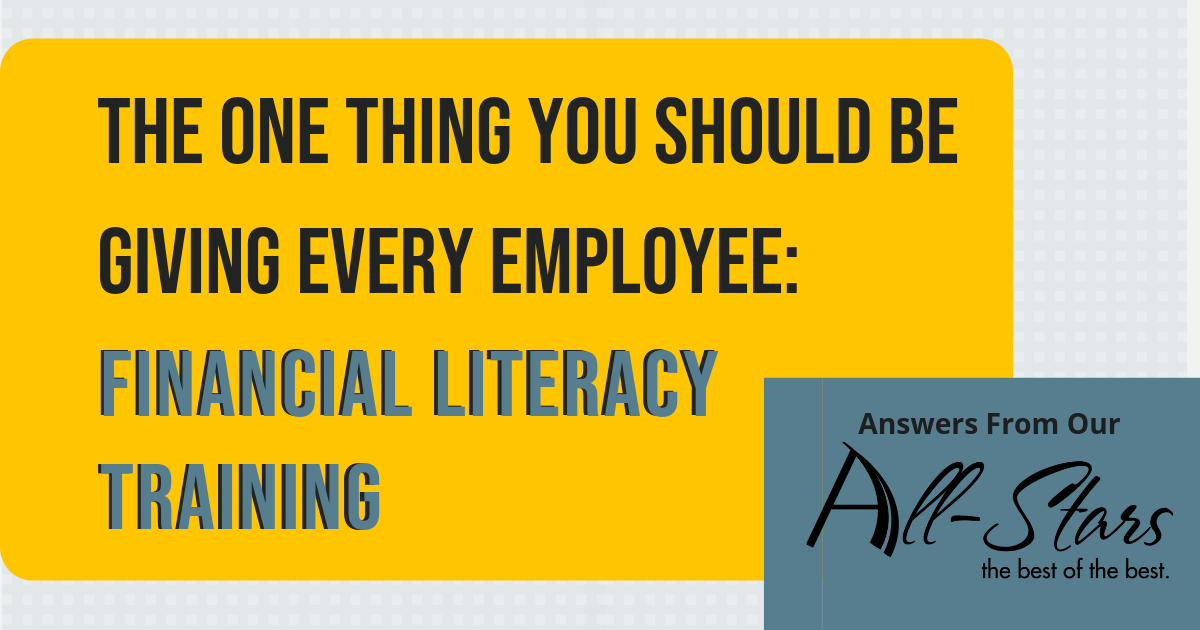

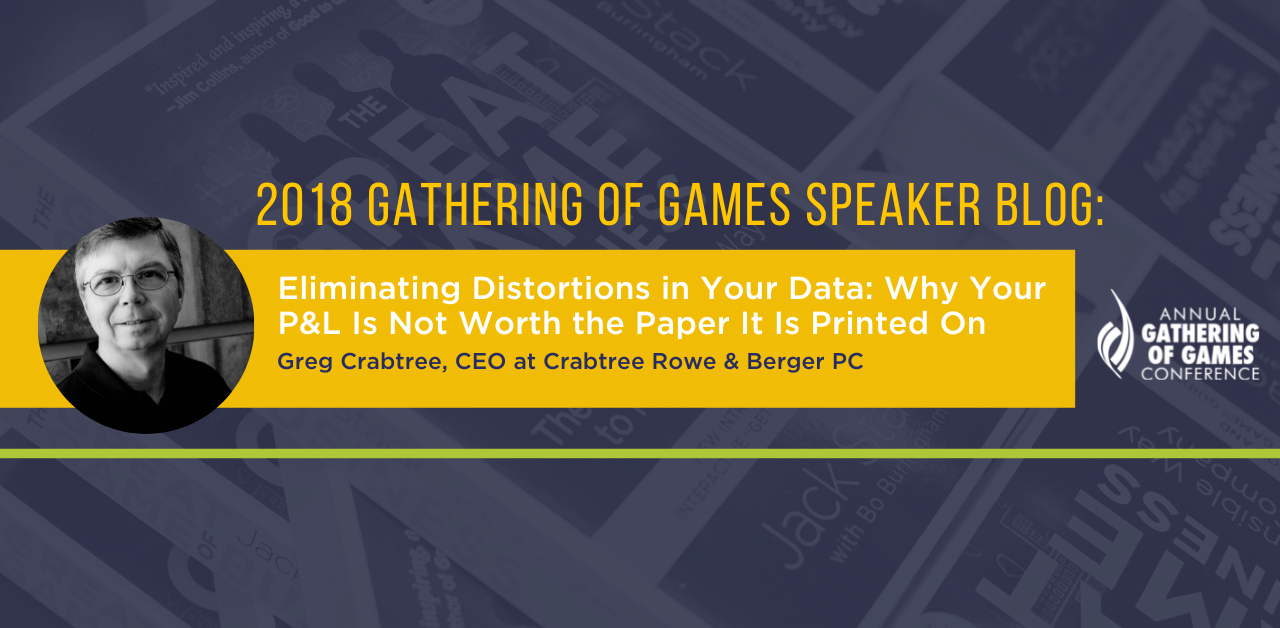
%20blog.png)
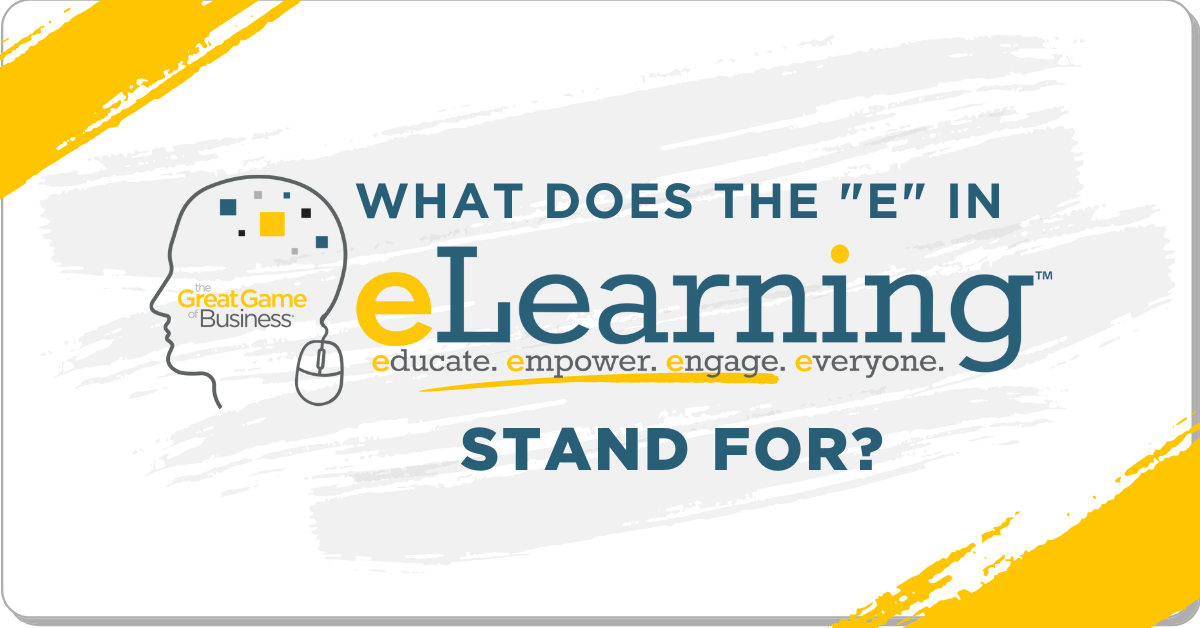



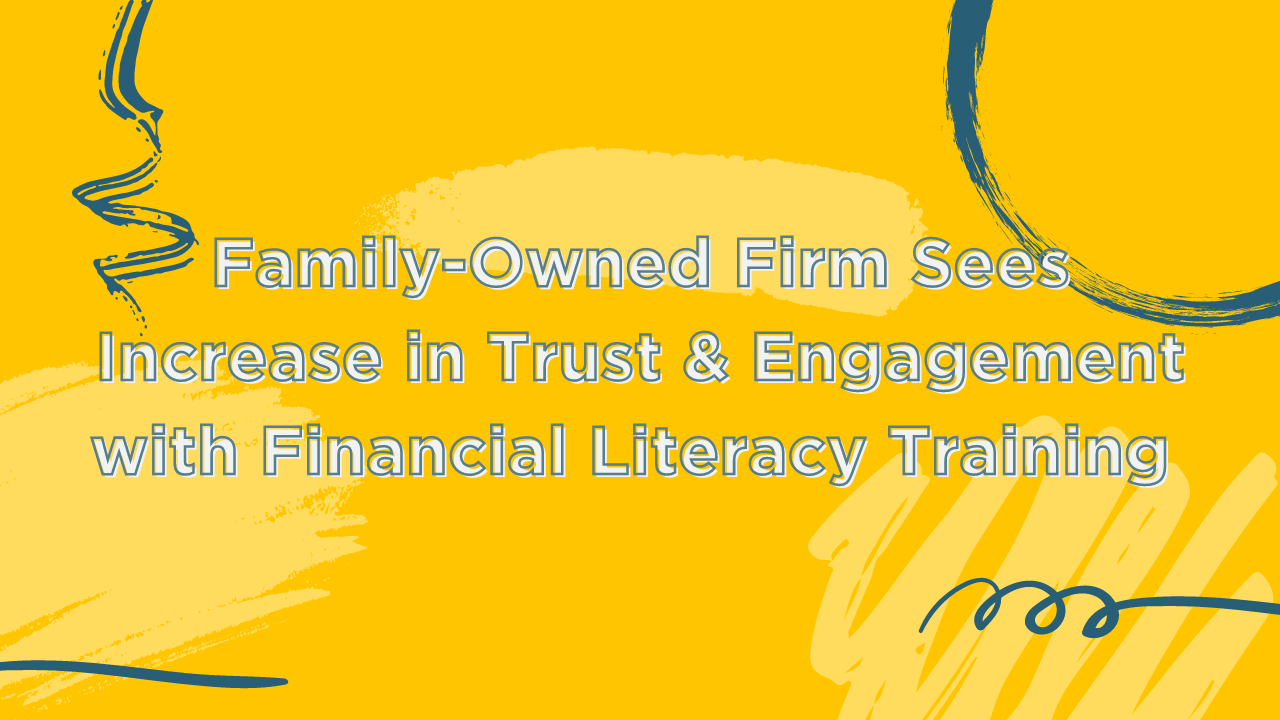




.png)




-5.png)
